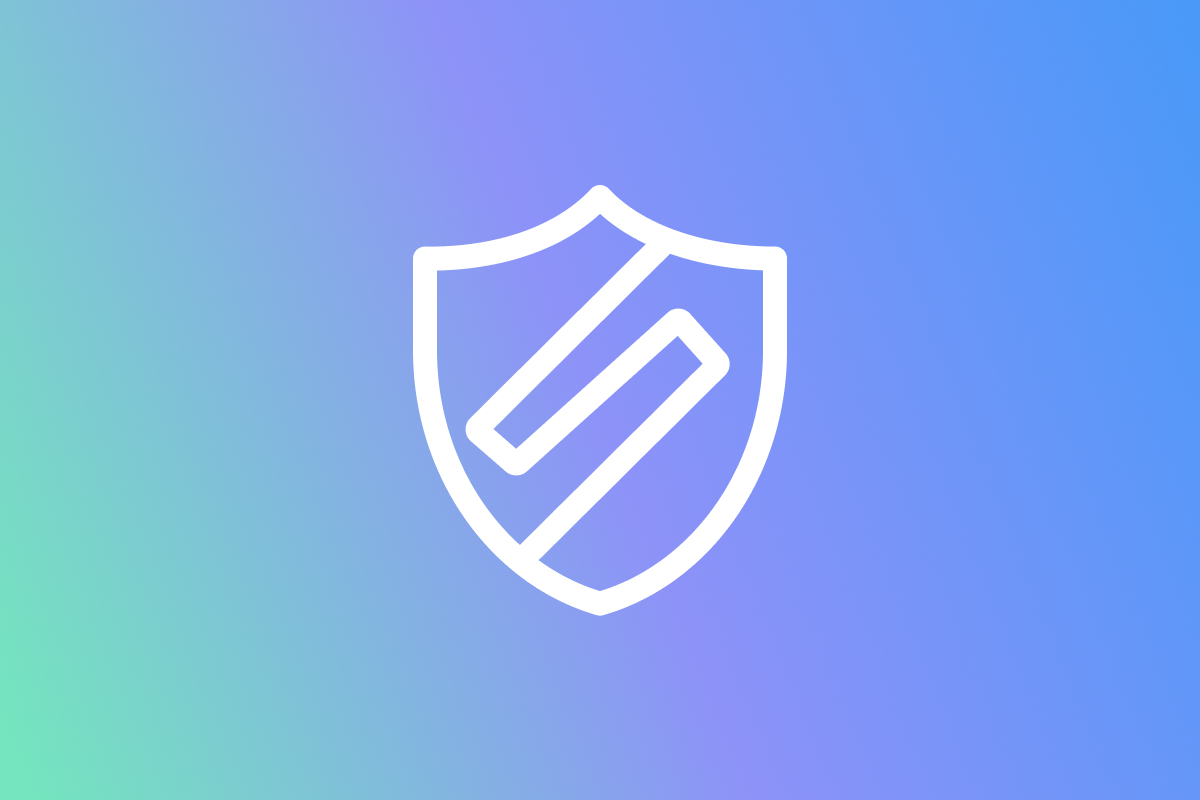Your odds of losing your wallet are higher than you might think. An estimated one in ten people will lose their wallet over the next five years. If you do lose your wallet, your odds of having it returned are only about one in five, and the chances are one in two that your money will be missing if it is returned, an experiment by security provider CPP found. More worrisome than the loss of money is the potential risk of lost credit cards and ID cards, which can lead to identity theft. To avoid having your credit cards misused or your identity stolen, here are four steps you should take if you find your wallet is lost or stolen.
List What Was in Your Wallet
In order to take action, you’ll need to know what was in your wallet. It’s a good idea to write this down ahead of time and keep the list in a safe place at home so that you’re prepared in case you need a list of your wallet’s contents. Typical wallet items include Social Security cards, driver’s licenses, vehicle registration papers, ID cards, credit cards, ATM cards, library cards, insurance cards and health club cards. Don’t forget any other types of documents you may have, such as military ID cards, passports or immigration papers. It’s also wise to make photocopies of the front and back of any cards in your wallet and keep the copies in a locked box.
File Reports with the Police and Credit Reporting Agencies
The first step to take after discovering your card is lost or stolen is filing a report with the police, recommends the Identity Theft Resource Center. Provide the police with a list of the contents of your wallet. Ask for a copy of the police report in case you need it later. Get the report number, the name of the officer you filed the report with, and a number to call in case you need to follow up. Next, you should contact the three major credit agencies at their fraud report hotlines. You can call Equifax at (800) 525-6285, Experian at (888) 397-3742, and Trans Union at (800) 680-7289. Leave a phone number with the automated system so that you can be reached if needed. Ask for a fraud alert and a free copy of your credit report, which you are entitled to when you place a fraud alert. Your credit report can help you detect unusual activity that can alert you to identity theft.
Contact Your ID and Credit Card Issuers, Financial Providers and Other Providers
You should also contact issuers of other important cards documents contained in your wallet. One of the most important cards to address to protect yourself from identity theft is your Social Security card. For maximum protection, you should leave your Social Security card in a locked box at home or a safety deposit box instead of carrying it in your wallet. However, if it is lost or stolen, you should report it to the police as part of your report. You can then request a new card; you can find step-by-step instructions for doing just this. You can also monitor use of your Social Security Number for fraudulent activity by setting up an online account with the Social Security Administration and getting an annual Social Security Statement. If your driver’s license was stolen, you should contact the state agency that issues your driver’s license. Other agencies you may potentially need to contact include the county recorder’s office that issued your birth certificate, your financial institution, your credit card provider, your health and auto insurance providers. If you’re in the military, contact your Personnel Support Detachment and your immediate superior officer. If you have immigration cards or papers missing, contact U.S. immigration authorities and your country’s embassy. If you’re missing a passport, contact the U.S. State Department or the issuing country’s embassy. When contacting issuing agencies, ask to speak to their fraud investigation specialist, and keep a log of your conversations for documentation. Request written verification of any account closings, and send all correspondence via certified mail with a return receipt requested.
Monitor Your Credit Report
One way to track if someone is misusing your identity is to monitor your credit report for unusual activity. You should check your credit report within two to three months of your wallet being stolen to see if any suspicious activity has turned up. You can obtain a free annual copy of your credit report from the federal AnnualCreditReport.com site.

